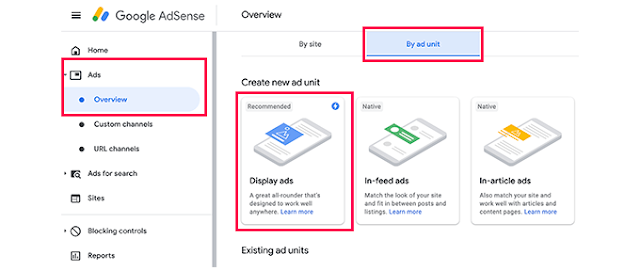Why we should choose polyclinic why not hospital?
A polyclinic (where poly means "many"; not to be confused with the homonym policlinic, where poli means "city" and which is sometimes used for a hospital's outpatient department) is a clinic or health care facility that provides both general and specialist examinations and treatments for a wide variety of diseases and injuries to outpatients and is usually independent of a hospital. When a polyclinic is so large that it is a hospital, it is also called a general hospital.
A hospital is a healthcare institution providing patient treatment with specialized health science and auxiliary healthcare staff and medical equipment. The best-known type of hospital is the general hospital, which typically has an emergency department to treat urgent health problems ranging from fire and accident victims to sudden illnesses. A district hospital typically is the major health care facility in its region, with many beds for intensive care and additional beds for patients who need long-term care. Specialized hospitals include trauma centers, rehabilitation hospitals, children's hospitals, seniors' (geriatric) hospitals, and hospitals for dealing with specific medical needs such as psychiatric treatment (see psychiatric hospital) and certain disease categories. Specialized hospitals can help reduce health care costs compared to general hospitals. Hospitals are classified as general, specialty, or government depending on the sources of income received.
The size difference is one of the most obvious ones. Clinics can provide a more individualized work atmosphere because they are often smaller than hospitals. Hospitals, on the other hand, could have a greater range of departments with more possibilities for professional advancement.
Hospitals and clinics each have their benefits and drawbacks. The main benefits and drawbacks of working in a hospital or independent clinic are listed below.
PROS
Standard hours
Possibility of creating a routine
Possibility of developing a relationship between patients and providers
Less demanding shifts with fewer mandatory holidays and weekend hours.
You can better estimate your responsibilities on any given day because work is often more predictable than in a hospital.
It's typical to develop enduring relationships with patients.
Smaller offices have a stronger sense of community.
CONS
additional administrative tasks and paperwork
For some people, predictable routines might become monotonous or tedious.
Usually, pay is less than in hospitals (though you might have more opportunities to negotiate for a higher salary).
Private clinics have less leeway with overtime.
Compared to hospitals, allied health practitioners typically fill out more documentation.
For some people, a consistent schedule can grow monotonous.
PROS
possibly fewer administrative tasks
the capacity to explore employment opportunities and a variety of healthcare interests.
Compared to clinics, hospitals frequently provide a greater base salary.
There are employment possibilities available across the nation, providing allied healthcare professionals with excellent career stability.
Overtime is frequently offered.
There are several opportunities to develop a wide range of abilities, investigate various career options, and collaborate with top-tier talent.
Many of your administrative tasks are handled by administrative experts.
Full-time employees almost usually have access to health insurance choices.
CONS
Added hours
erratic and more variable schedule (day and night s\hifts)
Possibly exposed to challenging circumstances like serious illness and death
Hospital jobs frequently have salary caps.
You might alternate between working throughout the day, evenings, and overnights.
weekends and holidays can be necessary (sometimes at short notice).
You might frequently encounter uncomfortable and/or depressing situations, depending on the department.



Comments
Post a Comment